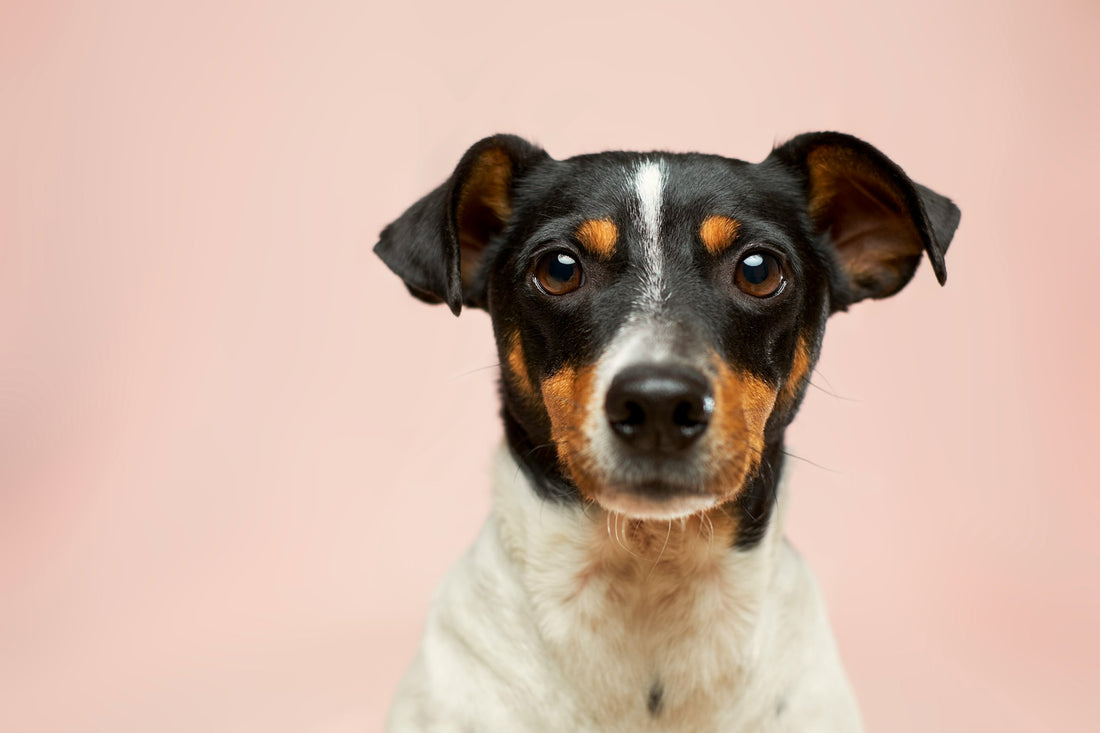introduction:
Proper nutrition is one of the most important factors that ensure the health and proper growth of the animal. Food is like the fuel that runs an animal's body, helps build its muscles and bones, enhances its vital functions, and maintains its overall health.
Animal nutritional needs:
An animal's nutritional needs vary according to its type, age, and health needs.
- Animal type: Each type of animal has different nutritional needs. For example, dogs need more protein than cats, while cats need more vitamin A.
- Animal age: An animal's nutritional needs vary depending on its age. For example, young animals need more calories than adult animals, while older animals need more fiber.
- Animal health needs: If your animal has any health problems, you may need to choose a special food for it. For example, obese dogs may need a low-calorie food, while cats with kidney disease may need a low-phosphorous food.
Choose a suitable food:
- Commercial food: It is the most common choice for animal feed. Make sure you choose a high-quality commercial food from a trusted brand. Read the ingredient label carefully before purchasing food, and make sure it contains all the nutrients your animal needs.
- Homemade food: Homemade food can be prepared for the animal, but care must be taken to provide all the nutrients it needs. Consult your veterinarian before preparing homemade food for your animal, and be sure to follow a recipe appropriate for your animal's type, age, and health needs.
Tips for feeding the animal properly:
- Provide the animal with an appropriate amount of food: Follow the instructions on the food label, and weigh your animal regularly to make sure it is at a healthy weight.
- Divide food into multiple meals: It is preferable to provide food to the animal in multiple meals during the day, especially for small animals.
- Provide clean water for the animal at all times: Make sure the water is fresh and clean, and change the water regularly.
- Avoid feeding the animal leftovers from your table: Food scraps may contain substances harmful to the animal, such as excess fat, salt and spices.
- Monitor your animal's behavior: Notice if your animal feels full after eating, and if it has any health problems related to feeding.
- Consult your vet: Consult your veterinarian regularly for advice on your animal's nutrition, especially if it has any health problems.
Risks of improper nutrition:
Improper nutrition can lead to many health risks for the animal, such as:
- Obesity: Obesity can lead to many health problems, such as heart disease, diabetes, and arthritis.
- Malnutrition: Poor nutrition can lead to nutrient deficiencies, which can lead to a weak immune system, hair loss, and skin problems.
- Digestive problems: Improper nutrition can lead to digestive problems, such as diarrhea, constipation and vomiting.
- Behavioral problems: Improper nutrition can lead to behavioral problems, such as aggression, anxiety, and depression.
Conclusion:
Proper nutrition is one of the most important factors that ensure the health and proper growth of the animal. By choosing food suitable for the type of animal, its age, and its needs











